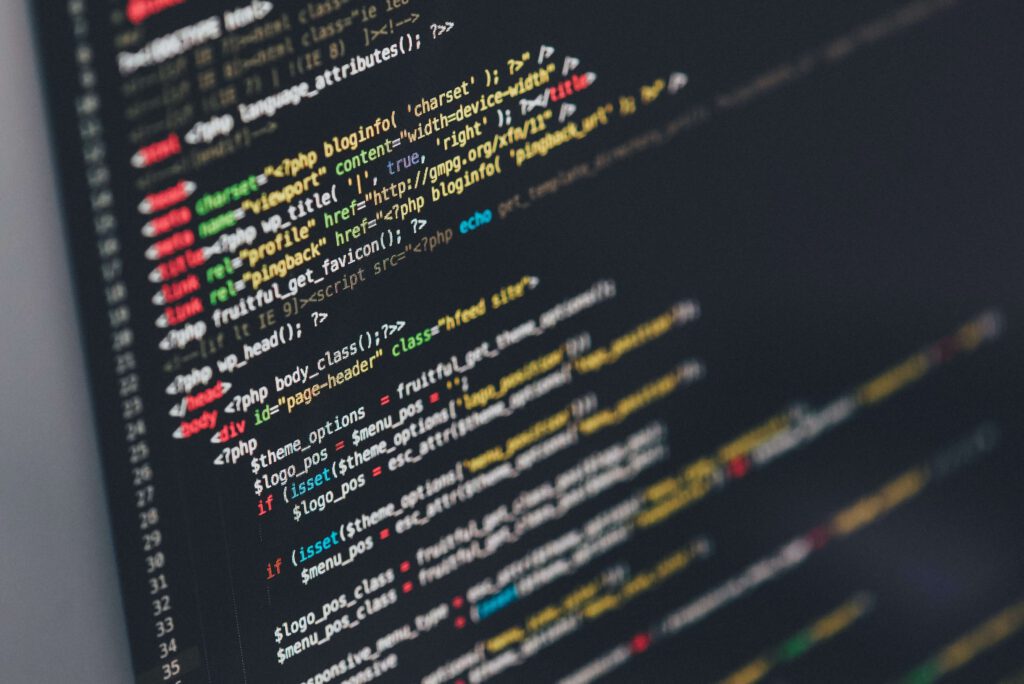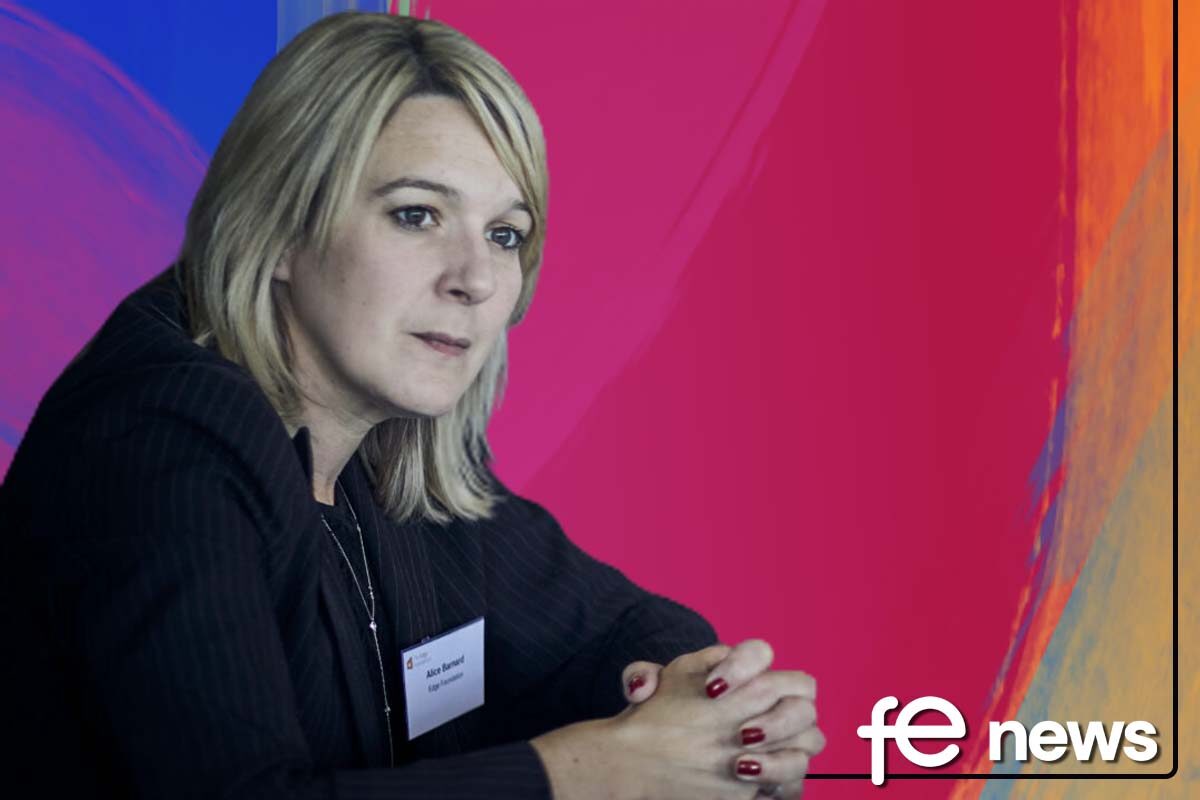CODING THE SKILLS GAP: FOUR MILLION LEARN TO CODE DURING LOCKDOWN

As the UK celebrates #NationalCodingWeek (13th-20th September), new research from @ZenInternet reveals that the UK has seen a surge in coding enthusiasts since the first lockdown in March 2020. With people spending more time at home, many have turned to new activities and as a result four million (6%) UK adults have taken up coding with the same number (6%) of adults wishing they had tried it.
- 6% of UK adults have taken up coding since March 2020
- Millennials emerge as most coding-enthused generation with 13% taking it up during lockdown
- A further 6% wish they had explored coding as a hobby
Designed to encourage more digital literacy, National Coding Week takes place nationwide to help the UK learn new digital skills or share the skills they have in an effort to close the well-renowned digital skills gap. A survey from WorldSkills UK found that 60% of businesses believe their reliance on advanced digital skills is set to increase over the next five years, however 37% say their current workforce lack the advanced digital skills they need.
Millennials catch the coding bug
It appears coding is a young person’s game, but maybe not that young. When comparing what new things these generations have taken up since March 2020, millennials (25-34-year-olds) edged (13%) their younger Gen Z (16-24-year-olds) counterparts (12%) in the coding battle. However, there was a slightly bigger gap when it came to regrets with one in seven (15%) millennials wishing they had taken up the hobby versus one in nine (11%) from the Gen Z camp.
When broken down regionally, Manchester is the city filled with the most regrets, with one in eight (13%) revealing with the benefit of hindsight that they wish they had given coding a go. Whereas, Leicester could stake a claim as the coding capital of the UK, with one in seven (14%) taking up the hobby in the city.
“It’s exciting to see such enthusiasm to take up something that plays a key role in the digital-first world we now find ourselves in,” said Paul Stobart, CEO at Zen Internet. “Coding underpins so much of what we do in the online world from our computer systems to our digital infrastructure and everything in between. Those that used their lockdown time wisely to learn new skills such as coding will find their enhanced competency in this digital world will hold them in good stead.”
Plugging the skills gap
In order to help plug that gap, the team at Zen reaches out to the local community to set up self-sustaining code clubs through primary schools. The aim is to build students’ enthusiasm for software development and help out those that don’t have the resources, experience or confidence to offer coding themselves.
Stobart continued: “We’re really proud of our team’s efforts in setting up these coding clubs over the years. These are volunteers who want to give something back to the local community and they’ll be thrilled to see the enthusiasm for coding spreading up the age groups. While young people are the key to the future, the UK’s pressing skills gaps means we need these skills in the workforce now, so it’s encouraging to see there was a good uptake of coding during lockdown.”











Responses